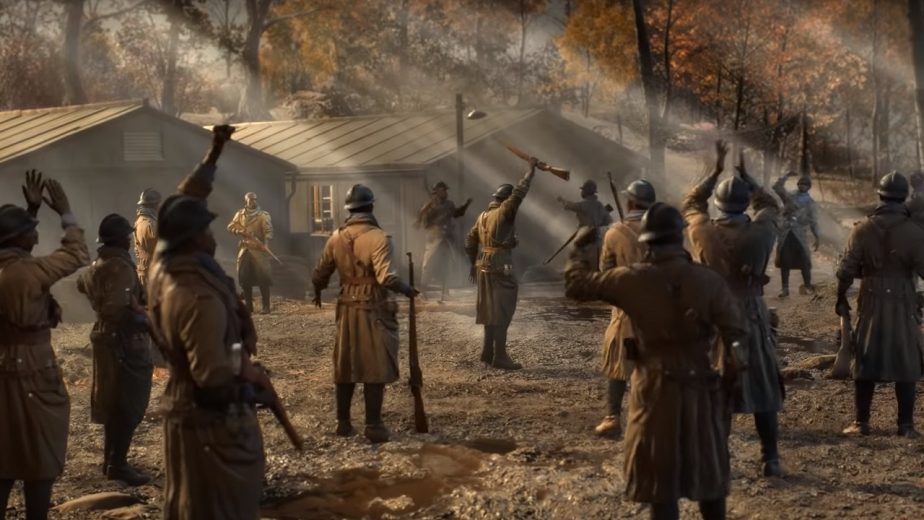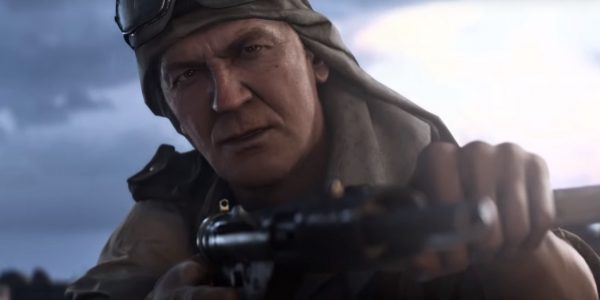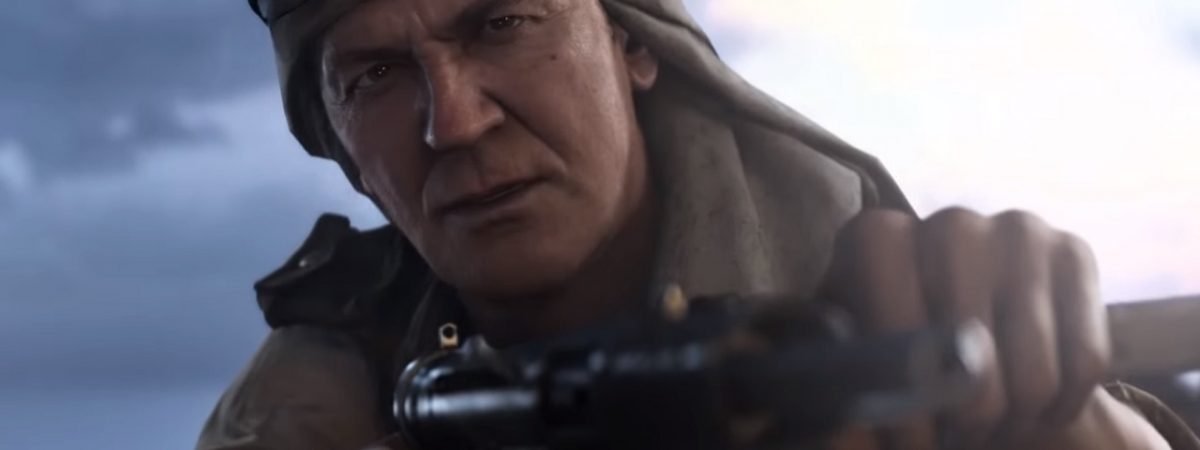The Battlefield 5 War Stories are the upcoming game’s single-player story campaign. The mode follows the same format as the War Stories which featured in Battlefield 1; an episodic structure telling a series of different self-contained stories across the setting of a World War. According to developers at DICE, the team learned a great deal from Battlefield 1 which they used to improve War Stories for Battlefield 5.
What DICE Learned From Battlefield 1 for the Battlefield 5 War Stories
The biggest change from previous Battlefield titles was the shift from a single story to an anthology structure. There wouldn’t be a ‘main character’ per se, nor a single long storyline. Instead, each War Story would have its own story and cast of characters; “We took a creative risk with the anthology format,” says Eric Holmes, Design Director for the Battlefield 5 War Stories; “asking players to connect with characters quickly, but it paid off.”

The Battlefield 1 War Stories took players across several different theatres of the Great War. It showcased a variety of different settings and storylines, and also showcased the capabilities of combat and gameplay in Battlefield 1. The same will be true in Battlefield 5, though Holmes believes that the team has improved and done a better job this time around.
“[In Battlefield 5] there’s a sense of risk,” continues Holmes; “of personal connection we managed to build and double down on this time. I think that we’ve moved more confidently into different types of experiences and [are] able to take more creative gambles.”
One change cited by Holmes as such a gamble is that the Battlefield 5 War Stories all use native language voice-acting. Under No Flag is about British soldiers, so that story is in English, but the other three War Stories feature characters speaking in their native tongues. Nordlys’ Norwegian resistance fighters will speak Norwegian, colonial troops in Tirailleur will speak French, and the German soldiers in The Last Tiger will speak German. Holmes says that audiences have become more sophisticated; he points to television series like Game of Thrones and Narcos, both of which feature languages other than English.




